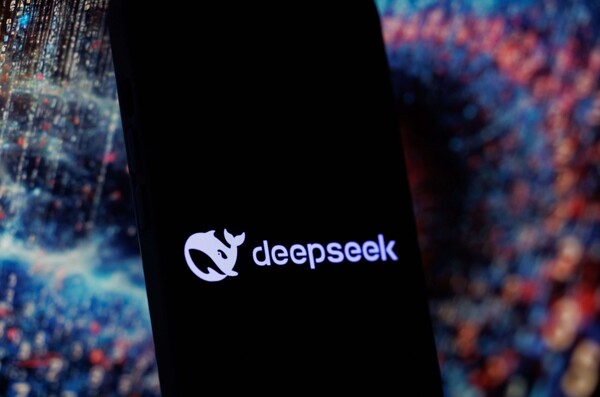
Alibaba has launched a generative artificial intelligence model called R1, developed by DeepSeek, which has successfully competed with other contenders in this field. Until last year, the predominant options were OpenAI's ChatGPT, Anthropic's Claude, Google's Gemini, or Meta's Llama. However, in 2025, DeepSeek burst onto the scene with a more economical and effective offering, thereby changing the landscape and significantly reducing the costs of using its platform.
This new generative artificial intelligence model has revolutionized the way plans are designed in this area. Previously, IT departments had to hire integrators to link different generative AI tools with each other, which implied new challenges and additional costs. With the arrival of R1 and its efficiency, the dynamics have changed, providing more economical and faster options for project execution.
Jack Ma, founder of Alibaba, had previously mentioned the importance of artificial intelligence, and now, with the launch of R1, the company has taken a significant step in this field. This model offers numerous options for different purposes, such as image and video generation, and has attracted the attention of major companies and competitors like AWS, which recently included DeepSeek in its Bedrock platform.
Bedrock is presented as a suite of services that includes tools from various companies, allowing users to choose the one that best suits their needs. With the rise of virtual agents, the demand for generative artificial intelligence services has increased, and companies like Google, Huawei, and Microsoft are also offering solutions in this field.
The celebration of the Lunar New Year in China coincides with these technological advances, creating a favorable environment for the adoption of innovative technologies in different sectors. The emergence of R1 in the market has generated a significant impact, changing the rules of the game and offering new possibilities for the development and execution of business projects.














